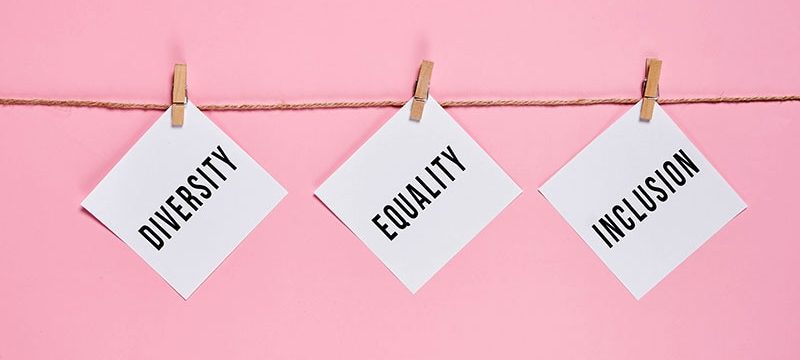Major cardiovascular societies are more apt to give out awards to men and White individuals than to women and minorities, according to a look at two decades’ worth of data.

Martha Gulati, MD
“Women received significantly fewer awards than men in all societies, countries, and award categories,” author Martha Gulati, MD, director of preventive cardiology at Smidt Heart Institute at Cedars-Sinai, Los Angeles, said in a news release. “This bias may be responsible for preventing underrepresented groups from ascending the academic ladder and receiving senior awards like lifetime achievement awards,” she said.
The study was published online November 17 in the Journal of the American College of Cardiology.
A Slow Climb
The findings are based on a review of honors given from 2000 to 2021 by the American College of Cardiology (ACC), the American Heart Association (AHA), the American Society of Echocardiography (ASE), the Society for Cardiovascular Angiography and Interventions (SCAI), the Heart Rhythm Society (HRS), the European Society of Cardiology (ESC), and the Canadian Cardiovascular Society (CCS).
Among the 173 unique awards, 94 were given by the AHA, 27 by the HRS, 17 by the ACC, 16 by the CCS, eight by the ASE, seven by the ESC, and four by the SCAI. There were 3044 recipients of these awards, including 2830 unique awardees.
The vast majority of the awardees were White (75.2%), with Asian, Hispanic/Latino, and Black awardees representing just 18.9%, 4.5%, and 1.4% of the total awardees, respectively.
In a gender analysis, the researchers looked at 169 awards after excluding female-specific awards. These 169 awards were distributed to 2995 recipients. More than three quarters of these awardees (76.2%) were men, with women making up less than one quarter (23.8%).
Encouragingly, there was an increasing trend in recognition of women over time, with 7.7% of female awardees in 2000 and climbing to 31.2% in 2021 (average annual percentage change [AAPC], 6.6%; P < .05).
The distribution of awards also became more racially/ethnically diverse over time; in 2000, 92.3% of awardees were White vs 62.8% in 2021 (AAPC, -1.4%; P < .001).
There was also a significant increase in Asian (AAPC, 5.7%; P < .001), Hispanic/Latino (AAPC, 4.8%; P = .040), and Black (AAPC, 7.8%; P < .05) honorees.
Core Influencers
By award type, women received fewer leadership awards than men, “which can be attributed to fewer leadership opportunities for women and a lack of acknowledgment of leadership responsibilities fulfilled by women,” the researchers say.
Award recipients with a PhD degree were nearly gender-balanced (48.2% women), whereas men formed an overwhelming majority of awardees with an MD (84.7%).
Awards with male eponyms had fewer women recipients than did noneponymous awards (20.9% vs 23.2%; P < .01).
“Male-eponymous awards can deter women applicants and give a subtle hint to selection committees to favor men as winners, creating an implicit bias,” the researchers say.
“Given the increased emphasis on redesigning cardiovascular healthcare delivery by incorporating the tenets of diversity, equity and inclusion (DEI), cardiovascular societies have a significant role as core influencers,” Gulati and colleagues write.
They say that equitable award distribution can be a “key strategy to celebrate women and diverse members of the cardiovascular workforce and promulgate DEI.”
“Recognition of their contributions is pivotal to enhancing their self-perception. In addition to boosting confidence, receiving an award can also catalyze their career trajectory,” the authors add.
The study had no specific funding. The authors have declared no relevant conflicts of interest.
J Am Coll Cardiol. Published online November 17, 2022. Abstract
For more from theheart.org | Medscape Cardiology, follow us on Twitter and Facebook
For more news, follow Medscape on Facebook, Twitter, Instagram, and YouTube
Source: Read Full Article
